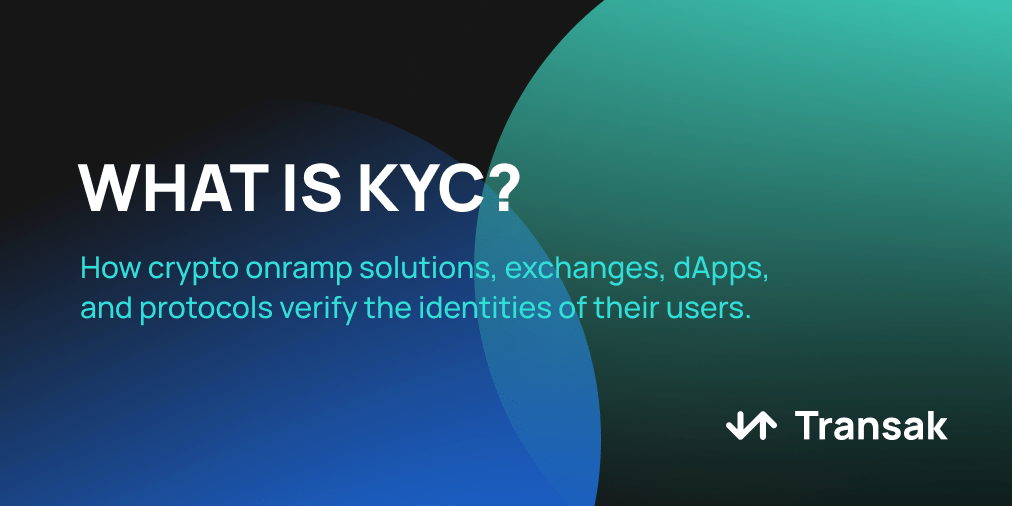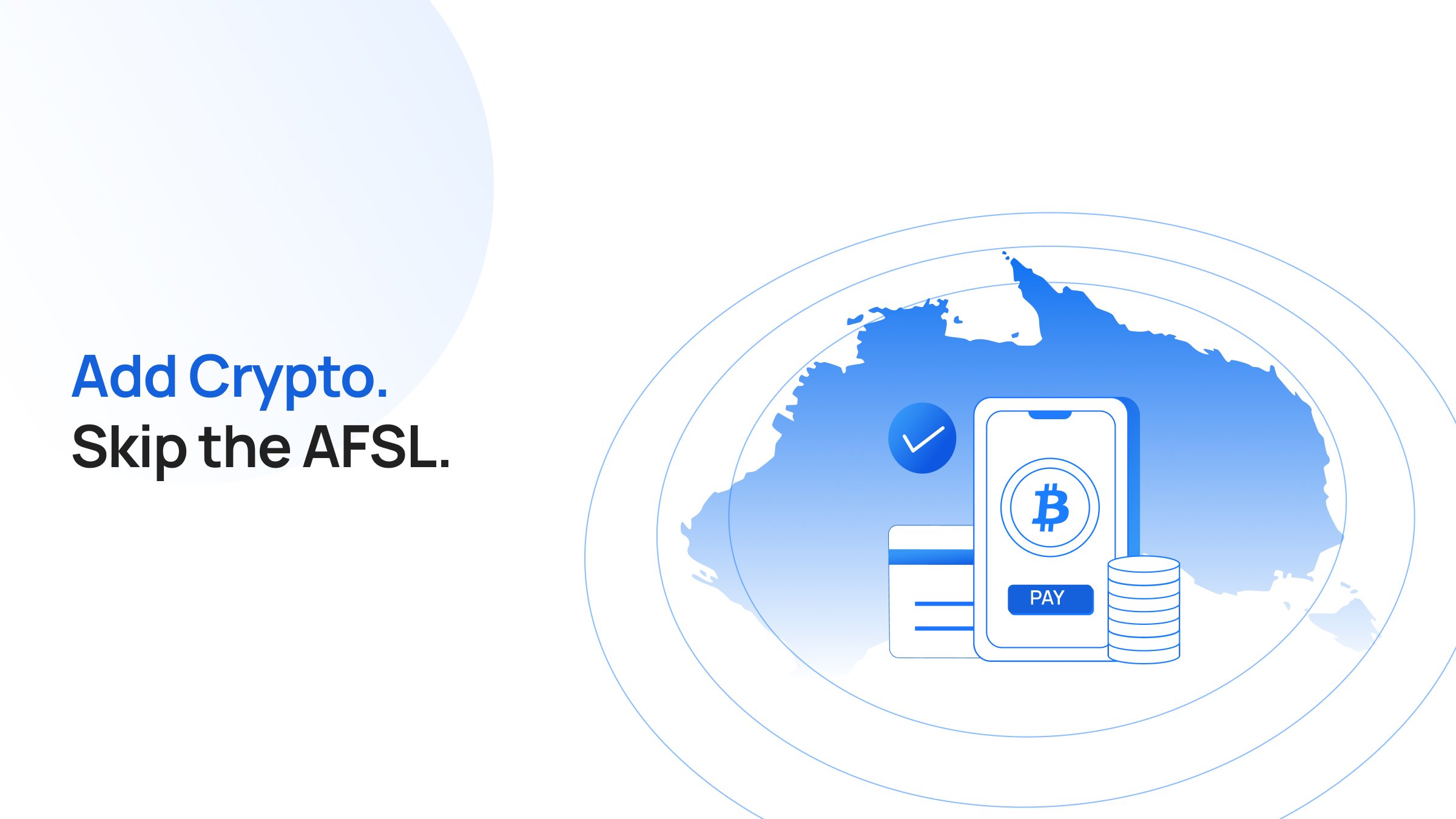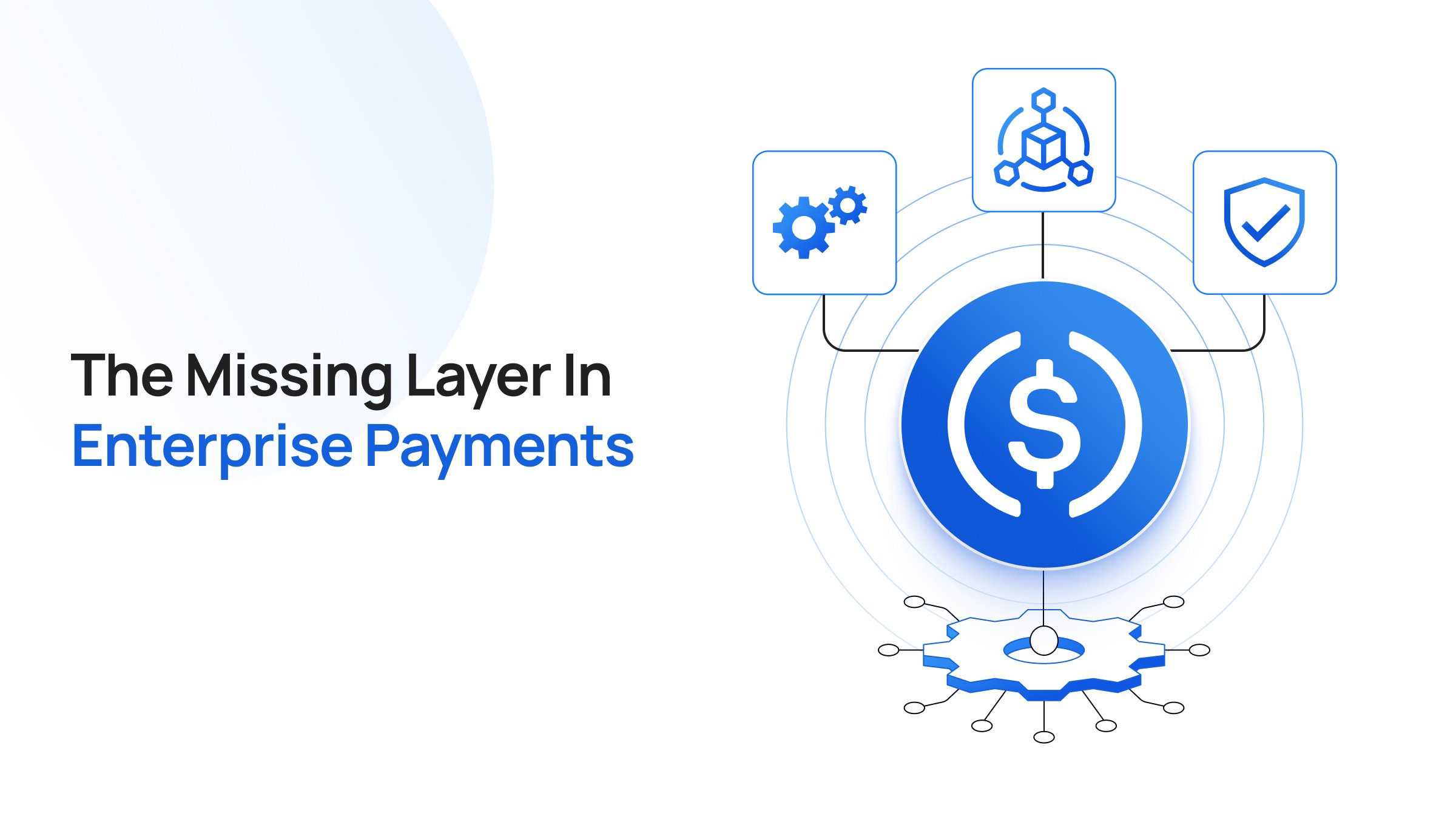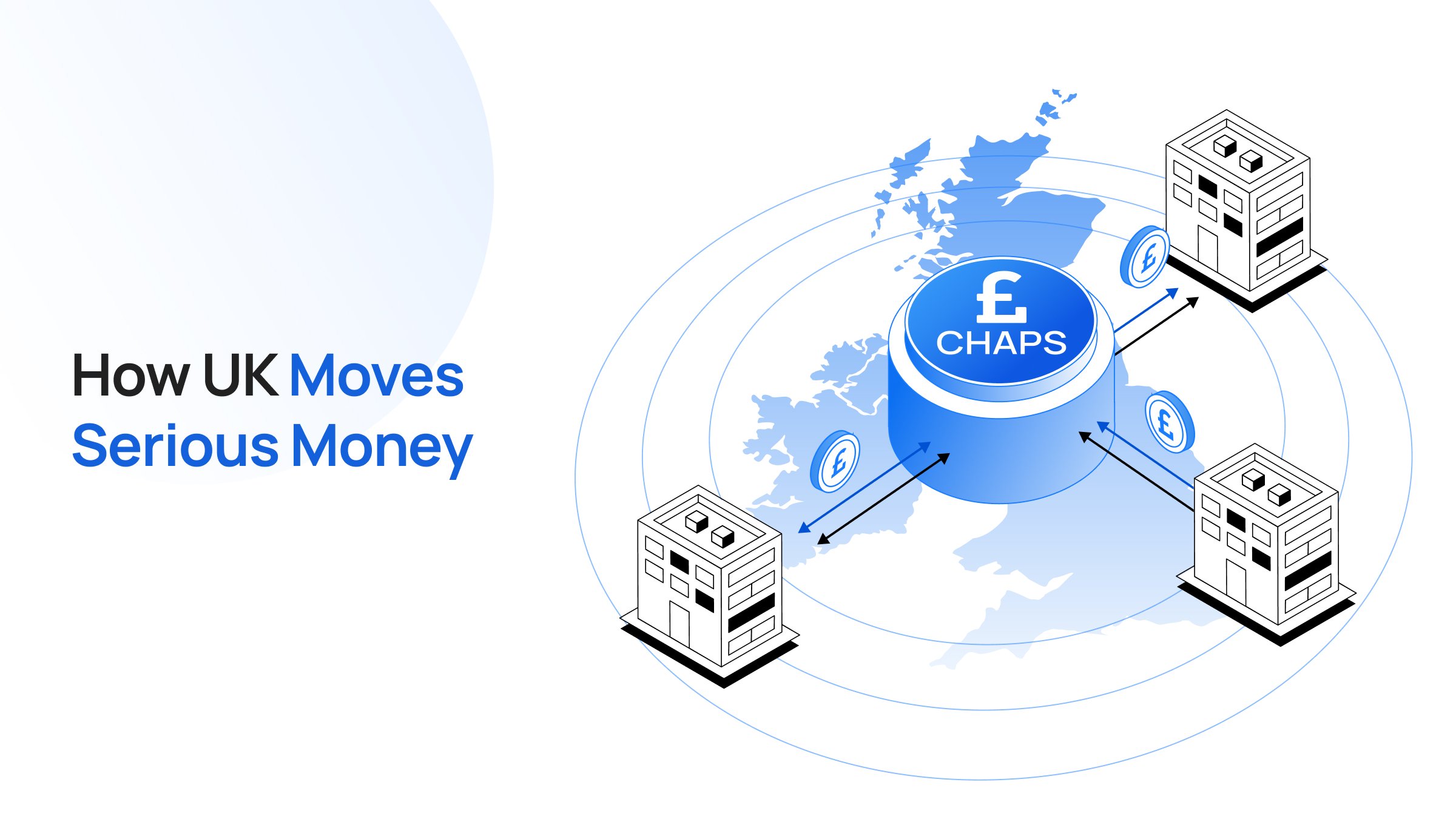In crypto, the expression “KYC” stands for “know your customer." It refers to how crypto onramp solutions, exchanges, dApps, and protocols are verifying the identities of their users in order to comply with anti-money-laundering requirements and federal regulations.
As we know, centralized banks and institutions across the world use government-stamped markers of identity for this purpose, including social security numbers, drivers licenses, passports, and tax ID numbers in order to keep track of who’s who.
These identity markers are referred to as "KYC" protocols, or "know your customer."
However, in the crypto world, some people actually consider it advantageous for their legal identities to stay anonymous. This helps individuals with large volumes of crypto exchange their money as they please. Permissionless, anonymous access to crypto can also make the space available to unbanked people or those who operate in industries, such as cannabis and sex work, that often (and unpredictably) get blacklisted by corporations and governments.
There’s a KYC divide happening in the crypto world today, and it impacts fiat-to-crypto onramp. As widespread crypto adoption becomes more inevitable, startups and individuals are having to decide where they fall along the spectrum of “degen” (degenerate) to fully centralized and KYC-compliant.
This is nothing long-time crypto developers and investors haven’t ever predicted. Before we dive into what is KYC — “know your customer” protocols that most centralized crypto exchanges now have in place to verify user identity — we first must ask: What’s your definition of privacy — and how are you incorporating KYC into your product?
What does KYC mean?
The acronym KYC stands for “know your customer.” The acronym AML is short for “anti-money laundering.”
Both KYC and AML describe a set of regulations from both federal bodies like the Securities and Exchange Commission (SEC), the Department of the Treasury, the Federal Trade Commission (FTC), and of course governments across the world that collectively combat the movement of corrupt or stolen money. Not to mention, proponents of KYC/AML measures believe that taking every crypto user’s name, photo ID, etc. can counteract financial fraud and terrorist financing.
But interestingly, some argue that blockchain itself can counter unsavory money activity simply by being a permissionless ledger on which all transactions are recorded. And so describes the tension between some of the original builders within the crypto space and those calling for mass adoption in which all users — not just the tech-savvy coders and financial whizes — begin using blockchain technology.
How KYC relates to crypto onramp
Soon, potentially billions of people will onramp to crypto globally. This process will involve fiat-to-crypto onramp, aka buying crypto with a debit card, credit card, or bank transfer.
Centralized exchanges like Coinbase, Binance, Gemini, and Crypto.com have made this process easy by providing KYC-compliant platforms for which users can sign up in a few clicks. However, centralized exchanges are moving more and more towards wanting to comply with federal regulators. In the U.S., this means they will likely agree to report activity and look for suspicious trading so that they can remain in the government’s good graces.
“As these exchanges are seeking to get more authority, they are seeking legitimacy and status in the markets. So that’s when you will probably see, even without a law, [an exchange] decide to crack down and report suspicious trading,” said former SEC branch chief Lisa Bragança in a February 2022 CoinDesk article.
When making an account with Coinbase, for instance, users must take a photo of their driver’s license and include their address, phone number, and other standard KYC information, similar to opening a bank account.
Some developers are working to create decentralized KYC tokens that would allow anyone , including blockchain-based platforms, to verify identity just by showing a non-fungible token (NFT) of some kind as proof. CasperLabs, for instance, is reportedly working on NFT-based security and privacy solutions that would make it harder for identity theft and fraud to happen as a result of exposed KYC information.
In the meantime, however, KYC is required for mass crypto adoption and widespread crypto onramp. Fortunately, if you’re a developer working on a blockchain protocol, there are some perks to outsourcing your crypto onramp process to a KYC-compliant integration such as Transak.
The pros of outsourcing KYC for crypto onramp
Transak is a registered crypto asset firm with the UK Financial Conduct Authority under the Money Laundering, Terrorist Financing and Transfer of Funds (Information on the Payer) Regulations of 2017.
That’s more than most metaverse games, DeFi protocols, dApps, and NFT marketplaces can say — which certainly isn’t a judgement on anyone’s decision not to go down the rabbit hole of federal licensing.
Transak — as a fully compliant money handler — believes in the future of crypto and wants to comply with the law. That makes it possible for our partners to do what they do best — build incredible crypto-based worlds and platforms.
“There's lots of fun, exciting, cutting-edge things that we know [our potential partners] do,” said our fearless head of product Sam Watts once in a brilliant interview (okay — we’re biased).
But it’s kind of true: “ [Our partners] are saying we would love to do it and the regulator won't let us,” Sam said. “ That's why you want to outsource it to us.”
Choosing a fiat-to-crypto onramp integration to simply plug in to your website or dApp lets protocols be protocols and financial handlers be financial handlers.
“You're a DeFi protocol,” said Sam. “And the whole thing you want to say to the regulators is, ‘We’re not a financial service. We're a bit of software that's running on the blockchain. We don't have obligations.’ The whole point is offset.”
Outsourcing your crypto onramp process means that you don’t need to touch any personally identifiable information (PII), you don't need to touch the money, you don't need to do anything.
“We handle all that kind of complexity of the real world, the traditional finance world, the laws, the regulators. That is the service we're providing, and you focus on building a decentralized app, providing some really cool things using cutting edge technology.”
How KYC and Transak work together
Of course, you want KYC done right.
‘What we've built is so users can do the fiat onramp basically with a card payment,” Sam said. “We bind the crypto, we send the crypto as a connected wallet with the dApp, and then send the crypto to the dApp.”
Using a fully KYC-compliant integration like Transak tends to bring higher conversion rates and fewer declined credit card or debit card transactions. Of course, there are some hiccups, such as limitations on currencies or localities. In New York, for instance, users can’t use the Transak MetaMask integration because of the BitLicense.
“We're not playing it close to the wire,” said Sam. “Because of that, we can do much larger transaction volumes.”
Transak is not held to the same limits as Wyre, for example. If you're doing bank transfer with Transak, you can do up to $20,000 USD equivalent of volume in a day (limits may change based on your country and currency).
“The KYC is a bit more effort, but once you do that, you'll get higher overall conversion.”
Takeaways
- Crypto adoption becomes more inevitable, startups and individuals are having to decide where they fall along the spectrum of “degen” (degenerate) to fully centralized and KYC-compliant.
- Developers are working to create decentralized KYC tokens that would allow anyone , including blockchain-based platforms, to verify identity just by showing a non-fungible token (NFT) of some kind as proof.
- Choosing a fiat-to-crypto onramp integration to simply plug in to your website or dApp lets protocols be protocols and financial handlers be financial handlers.






